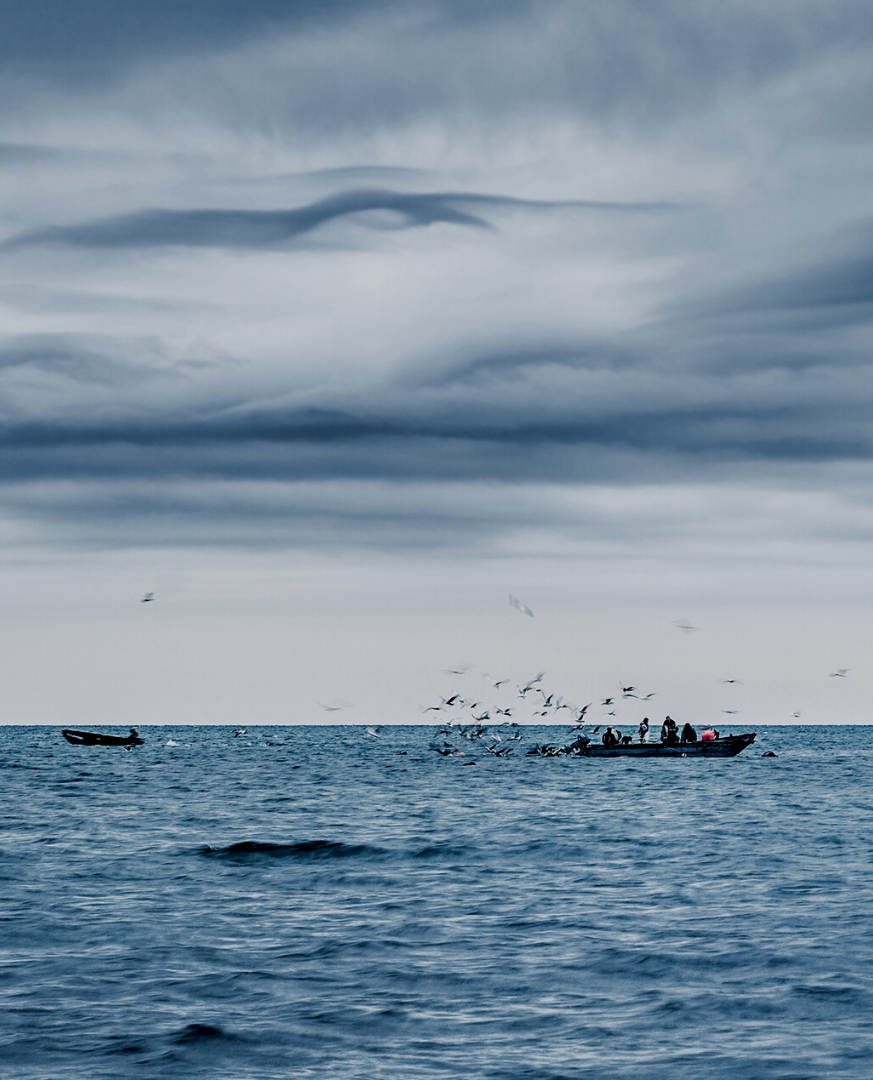Understanding the underlying causes behind changes in the geographical location or – ‘spatial distribution’ – of fish is vital for effective fisheries management. The root causes behind changes in spatial distribution – their ‘key drivers and impacts’ – can offer valuable insight into the welfare and preferences of fish stocks themselves, and provide signals for overarching trends and changes across entire marine ecosystems.
In simple terms: if a fish stock is moving away from an area that it has previously occupied for a sustained period, there is likely to be something in that area that is no longer suitable. The ‘unsuitable’ factors may also be having an impact on other areas of the ecosystem, so understanding patterns in and causes behind spatial distribution is important for monitoring ecosystem welfare.

An initial scoping review led by our Spatial Management Impacts team sought to outline what the key cause of such changes might be across our four SEAwise case study regions. Working with the SEAwise Network, they conducted an interactive exploratory session, outlining the key priorities and concerns of stakeholders across Europe. These priorities were then cross referenced with existing scientific knowledge, creating an overview of the areas we already have a good understanding of, and which would benefit from further study on in the future.
The priorities that ranked most highly in terms of importance amongst interviewed stakeholders spanned both ecological and human factors, and were synthesised into three core areas:
The scientific knowledge, drawn from more than 300 peer reviewed papers, showed that studies focussing on the distribution of fish species were highly prevalent, with the majority of existing research having been conducted in the North Sea. Cod, hake, and plaice were the most extensively studied species, with demersal trawl fisheries taking top spot as the most extensively researched fishery type.
The insights gathered from this report will help to direct the focus of SEAwise’s future work to fill identified knowledge gaps, and integrate stakeholder priorities into the SEAwise EBFM advice tool.
Access the full report, here.
Stay up to date with SEAwise news and research, hear about upcoming events, and receive updates on fisheries news from across the European seascape.